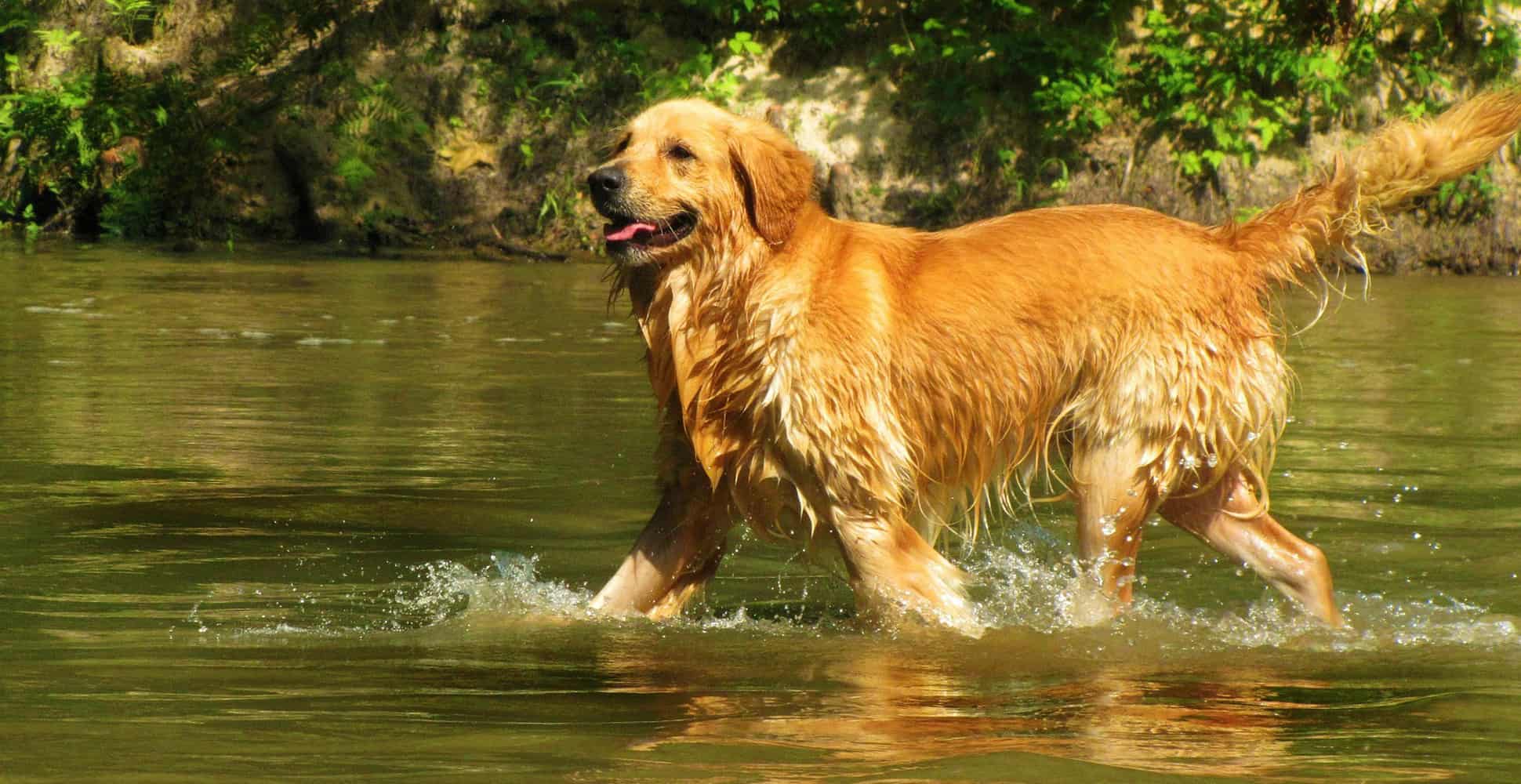Breed Guide: Golden Retriever
About Golden Retriever
One of America’s most popular dog breeds, the Golden Retriever is known for its intelligent temperament, friendly temperament and enduring loyalty. These adorable dogs with their beautiful golden coats make great family dogs because they are dependable, have a natural athletic ability and want to please people.
Golden retriever size
Golden Retrievers are medium to large dogs, but like most dogs, males tend to be larger than females. Golden Retrievers take about a year to reach full height and about two years to reach a mature weight. As you can see from this chart, Goldens undergo a number of large and small changes as they grow and grow into adults.
Golden Retriever History
Dudley Marjorie banks, also known as Sir Twee mouth, developed the Golden Retriever Breeders in America in the mid to late 1800s. He is a hunter who wants a big nose hound; at home he is as attentive and loyal as a domestic dog. Marjoribanks keep detailed records of their breeding activities and try to breed different types of animals. To obtain a golden retriever, he crossed a tweed water retriever with a yellow retriever and an Irish setter and retriever. With the right combination of dogs in the breeding program, the Golden Retriever breed has an improved sense of smell and a more moderate size.
Golden Retriever Standard Information
The Golden Retriever is active, cooperative, eager, confident and alert. With a symmetrical body arrangement, this dog is a natural hunting dog with an industrious and powerful appearance. Purebred Golden Retrievers exhibit the following physical characteristics that define this dog’s breed standards:
Head:
- wide skull
- deep and wide front
- Straight snout that melts gently into the skull
- Kind and expressive dark brown or medium brown eyes
- short ears
- Pink or hypo pigmented nose
- Occlusion where the outer side of the lower front teeth touches the inner side of the upper front teeth
Neck, Topline, Body:
- medium length collar
- lazy shoulder
- strong and muscular
- Strong, flat topline
- balanced body
- strong and muscular tail
Front part:
- Muscular and well-coordinated
- Upper arms same length as shoulder blades
- Dewclaws normally left on
- Medium-size and compact feet
Hindquarters:
- Broad and muscled
- Legs straight when viewed from the rear
Coat:
- Dense and water-repellent
- Straight or wavy
- Outer coat firm and not coarse or silky
Common Health Issues for Golden Retrievers
Despite their healthy appearance and high activity levels, golden retrievers are not immune to many of the health problems that affect dogs. In fact, Goldens are prone to many health problems, but their care and pet insurance policies can help control these potential problems. Below are some of the most common health problems encountered by golden retrievers.
- Hip dysplasia, an inherited orthopedic disorder
- Ticks, fleas, and other parasites on the hair
- Various cancers, especially (cancer of the blood vessel wall)
- periodontal disease
- obesity
- bloated
- Cataracts and Glaucoma
- skin allergies (“atopic”)
- Hypothyroidism
- heart disease
However, taking Golden to the vet for an annual checkup, maintaining daily home care, and maintaining a healthy diet and exercise can extend your pet’s lifespan by several years. This is also a way to prolong Golden’s mobility to ensure a happier life and avoid surgery that can make Golden less mobile and obese.
Golden Retriever Diet and Nutrition
Good nutrition is essential to caring for a Golden Retriever, as these active dogs need high-quality food to maintain their energy levels. Goldens tend to become overweight if they provide too many snacks or table scraps, so offer these foods sparingly and monitor your dog’s weight regularly. In fact, table scraps tend to be high in fat and calories, so you can skip them entirely. An adult Golden Retriever typically eats 3 cups of food a day and costs an average of $2 to $2.25 per day, with an average monthly meal bill of $60 to $67.50. Golden’s three meals are usually divided into two meals a day: breakfast and dinner.
Types of dog food recommended for Golden Retrievers include Wellness Complete Health Large Breed Adult, Taste of the Wild Southwest Canyon, Blue Buffalo Wilderness Grain Free Chicken and Earthborn Holistic Grain Free Large Breed. Filling ingredients like corn, soy, and rice are recommended to be excluded from Golden’s diet, as they aid in weight gain without depleting too many nutrients as Golden ages and becomes less active, the amount of food served daily should be reduced to prevent overeating and obesity.
Related species
The Golden Retriever is a member of the sports dog breed that is naturally active, likable, good at hunting, and makes good companions. Dogs from other sports groups include American Water Spaniels, Cocker Spaniels, English Setters, and Labrador Retrievers. Those interested in Golden Retrievers may like other breeds. This breed makes great family dogs, is very intelligent and gets along well with children. Other breeds that fall into this category include the Alaskan malamute, Beagle, American Staffordshire terrier, and Boston terrier.

